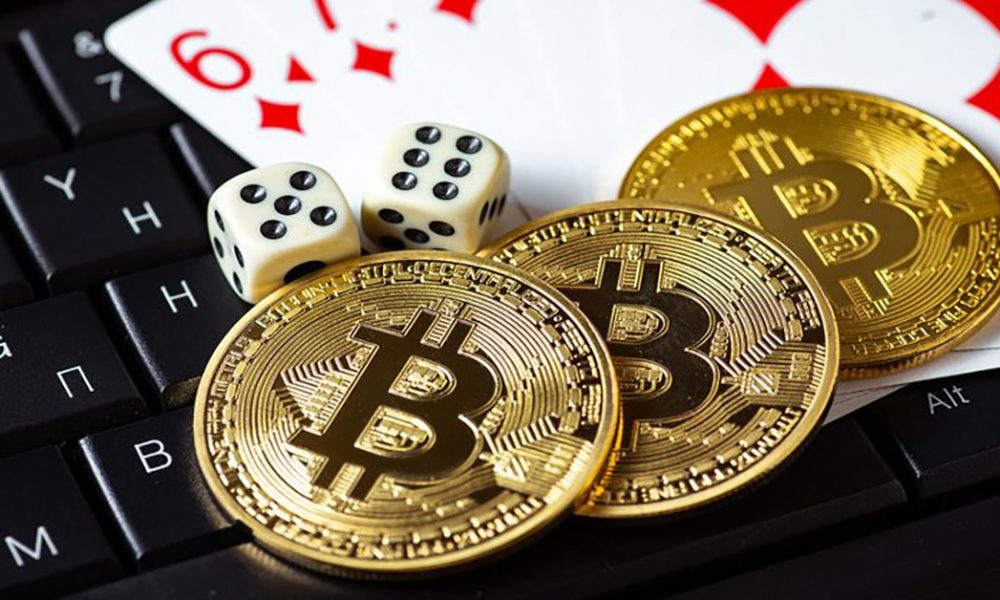
Bitcoin live casino roulette enhancement training methods demonstrate effectiveness under specific conditions rather than universal application. These educational approaches yield optimal results when players possess fundamental mathematical comprehension and maintain consistent practice schedules. Training efficacy peaks during periods of stable cryptocurrency markets and when individuals can dedicate focused attention spans. for live roulette bitcoin visit crypto.games/roulette/bitcoin provides controlled environments where systematic learning occurs most efficiently.
Optimal Practice Conditions
- Create quiet study spaces that eliminate external noise and interruptions for maximum focus. Remove mobile devices and social media access during training sessions to maintain concentration.Create specific areas for learning that are distinct from spaces used for entertainment or relaxation.
- Ensure reliable internet connectivity to avoid session disruptions during essential learning activities. Use reliable devices with sufficient processing power to handle complex analytical tools. Ensure backup connectivity options are available to avoid momentum loss during skill development.
- Control room temperature between 68-72 degrees Fahrenheit for peak cognitive performance. Install adequate lighting systems to reduce eye strain during extended analysis sessions. Position screens to minimise glare and maintain comfortable viewing angles throughout practice periods
- Implement daily 30-minute training sessions rather than infrequent extended periods. Establish consistent start times to build routine and mental preparation habits. Organize practice sessions evenly across the week to maximize retention and strengthen abilities.
Player readiness levels
Individual preparedness significantly influences training method success rates. Students with prior casino gaming experience grasp advanced concepts more rapidly than complete beginners. Mathematical backgrounds accelerate learning curves, particularly for probability theory applications and statistical analysis components. Emotional stability serves as a crucial prerequisite for effective training absorption. Players experiencing high stress levels or major life transitions struggle to retain complex strategies.Optimal skill acquisition and retention occur when mental clarity and emotional balance are present. Age factors also impact training effectiveness, with younger learners demonstrating greater adaptability to new systems. However, mature students often possess superior discipline and patience, compensating for reduced neuroplasticity through application of a methodical approach.
Skill Development Phases
- Foundation stage – Develop a solid understanding of basic probability principles and mathematical concepts before progressing to advanced strategies. Develop solid grounding in fundamental gaming mechanics and rule comprehension. Practice essential calculation skills until they become automatic responses rather than conscious efforts.
- Intermediate progression level – Introduce new concepts gradually to avoid cognitive overload and keep learners engaged. Build upon established foundations by adding one new element at a time to the existing knowledge base. Focus on connecting theoretical knowledge with practical application through guided exercises.
- Advanced application phase – Transition from theoretical study to real-world scenario practice and implementation. Enhance decision-making speed and precision in simulated high-pressure conditions. Integrate multiple learned concepts into cohesive strategic approaches for complex situations.
Training methods work best when multiple favourable conditions converge simultaneously. Patient learners who maintain consistent practice schedules during stable market periods while possessing adequate foundational knowledge achieve optimal results. Success depends on matching training intensity with individual readiness levels and current market conditions.
